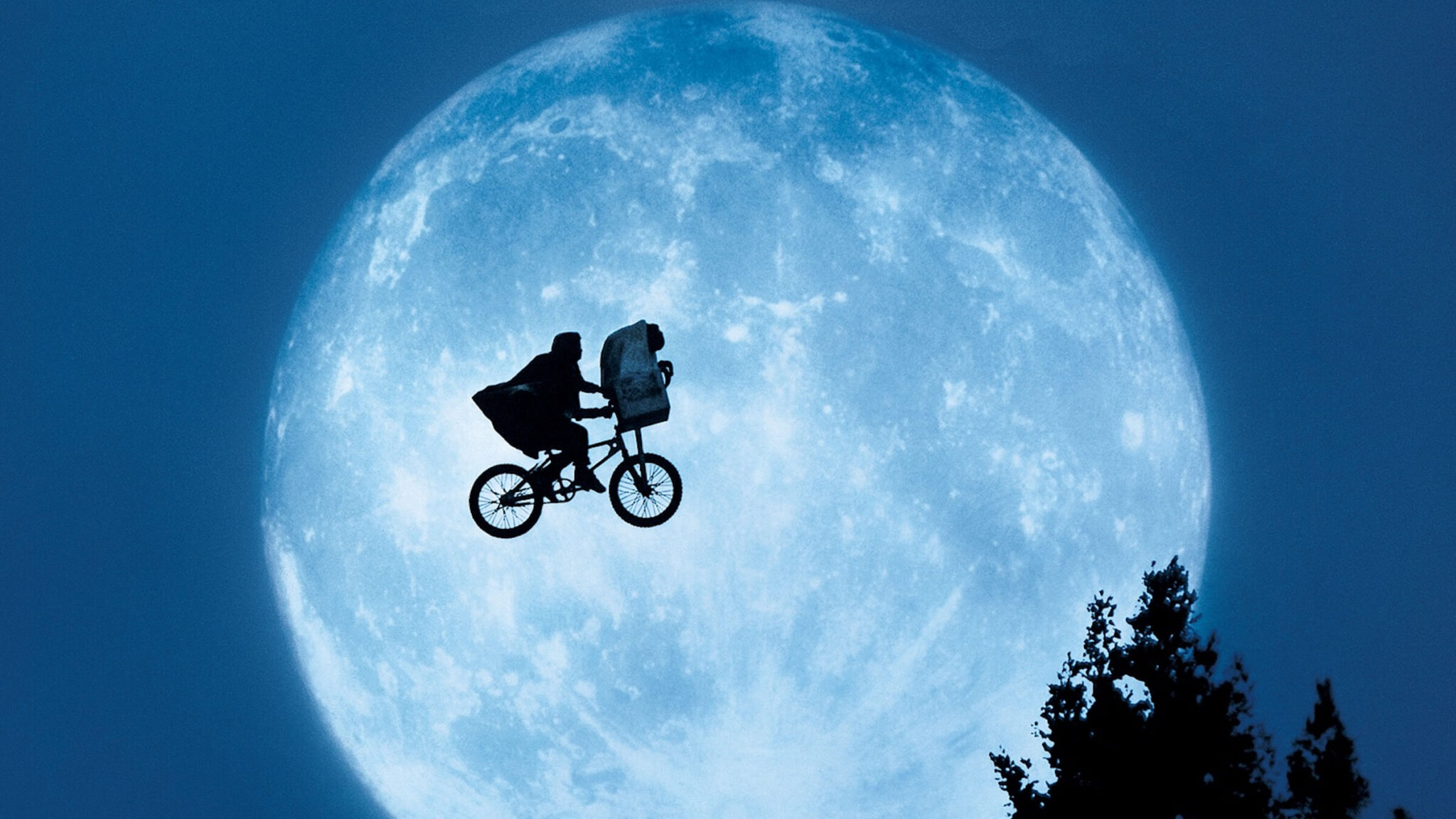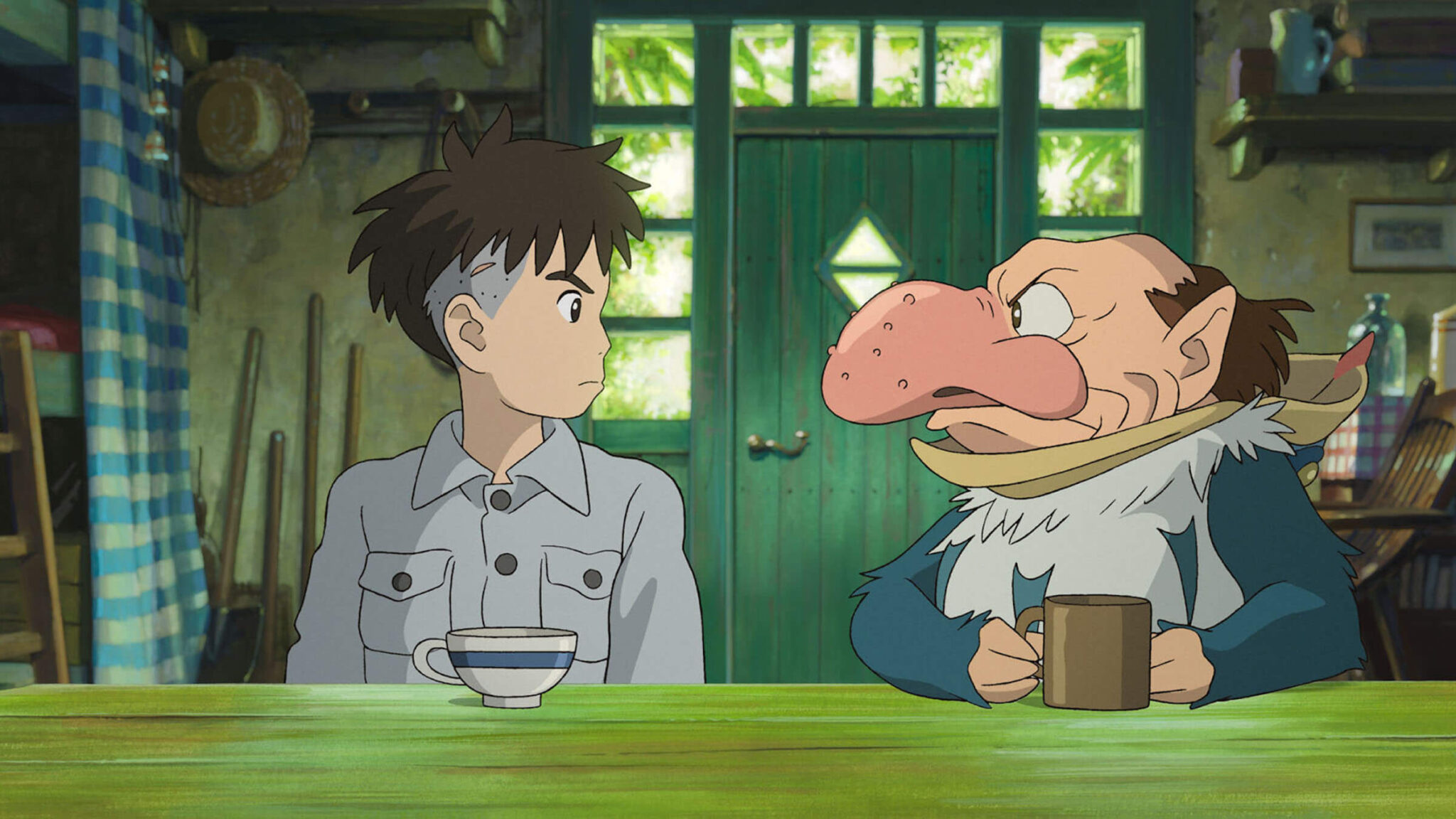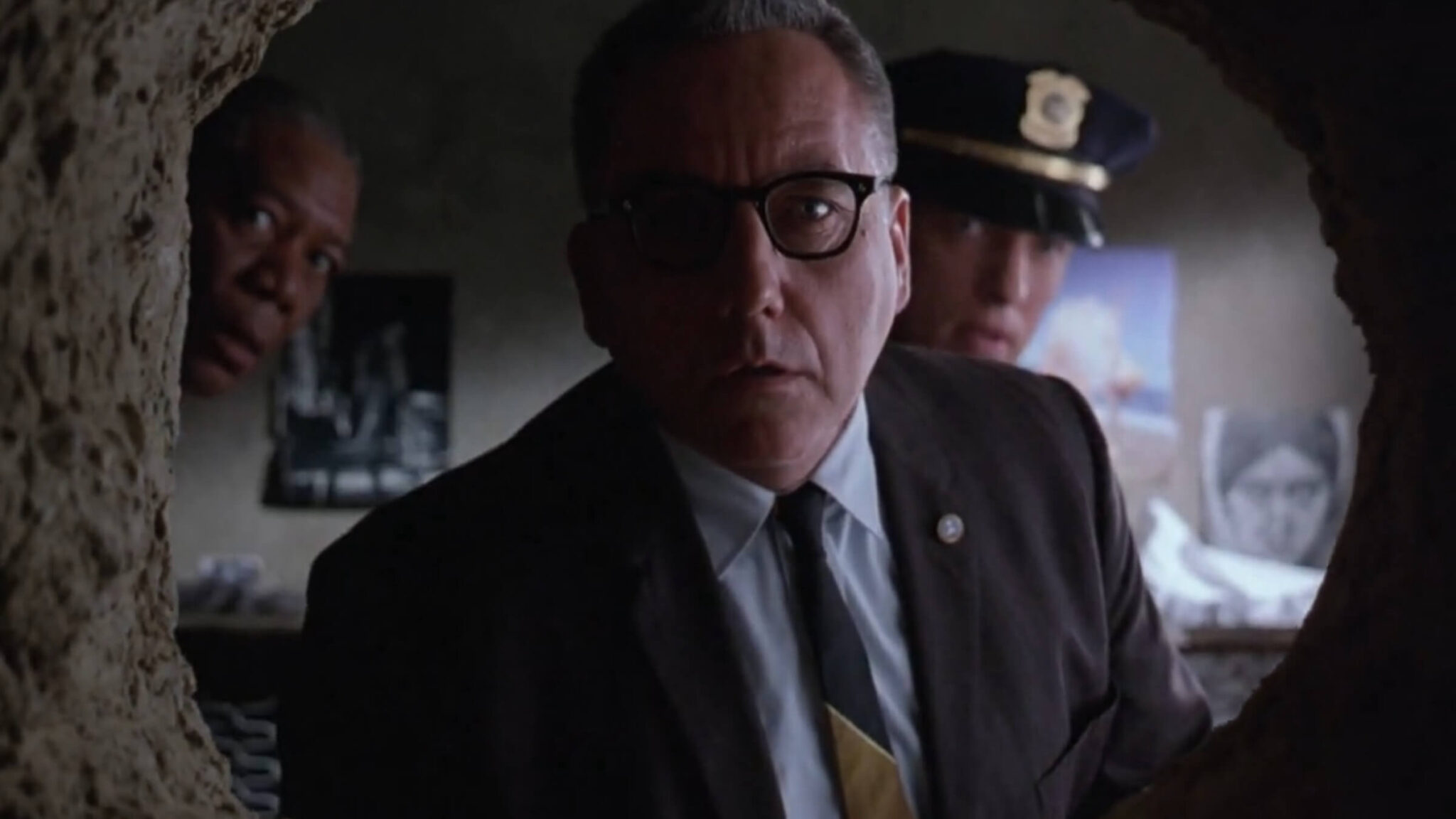3 Tips For Crushing Your Comedy Pitch

Comedy has always been one of the toughest genres to write. Not just because trying to translate funny from page to screen is ridiculously difficult, but because in Hollywood, comedy is always looked at as a box office gamble. Even a modest success like Blockers (a very good, very funny movie) feels like a major achievement in a landscape where humor is an afterthought compared to international potential. Meanwhile, when a comedy like Game Night ends up grossing over $100 million worldwide, it’s nothing short of a mini-miracle.
But fear not ye noble comedy scribes. Writing a successful comedy is possible, if not daunting. There are tips one can glean by examining the biggest comedy sales of the past few years. Follow these steps, and you too can crush your comedy pitch.
Keep it high-concept.
Comedy is such a broad distinction because it encompasses so many different styles. Half the movies that come out of Sundance every year could be called “comedies,” regardless of how funny they are. This isn’t to say that you shouldn’t write smaller, quirkier comedies, or that there aren’t great indie comedies which come out every year. However, those movies are usually passion projects, often independently financed and sold later once they’ve got some buzz. If you want to write a comedy that’ll sell, as in sell to a major studio for a large sum of money, you’ve got to think big.
Game Night is a perfect example of this. The movie has a clear hook, which audiences were instantly able to grab onto from the first trailer. The film’s screenwriter, Mark Perez, talked about the importance of this earlier this year in an interview with The Tracking Board, stating that, “Now the marketing people are involved so early, like from the pitch point, or from the moment of the script, they’re already involved… The work is, like, how do we sell it? So, if you have a good title and a good idea and a good concept that’s understood by people quickly, I think that helps.”
You may think this sounds cynical or unartistic, but the fact of the matter is that adopting this perspective is just being smart. In Hollywood, every writer has to be part salesman. If you want to write a big, studio comedy that’ll actually sell, you have to think about how the studio is going to sell it.
Genre mashups are always a good bet.
It’s no secret that spec sales have been down overall in recent years, as Hollywood has shifted farther and farther away from original ideas and doubled down on franchise properties. Comedy sales specifically have also suffered in this marketplace. When you look at cross-genre offerings though, things suddenly don’t look as bleak.
Look at the spec comedies which sold in 2017. There was Bad Cop Bad Cop, an R-Rated buddy movie, Twin Blades, about an American tech entrepreneur and the Chinese bodyguard tasked with protecting her, The Armstrongs, a play on Taken which finds a couple in witness protection coming out of hiding to rescue their son, and Super-Intelligence, which takes a comedic look at the idea of a technological singularity. What do all these titles have in common? They were either action or sci-fi mashups.
The fact is that studios are always more comfortable with comedies if they can sell them as something else, too. From Tropic Thunder and The Other Guys to the Jump Street franchise and the films of Edgar Wright, the sub-genre of comedy hybrids has a long history of success. Even Game Night would probably fall under this banner. And if you show you can write in more than one genre, people are more likely to want to hire you. Look at Alisha Brophy and Scott Miles, who set up three projects around town after their historical comedy mashup United States of Fuckin’ Awesome won a Nicholl Fellowship.
Writing a straightforward comedy is also great, but if you can write a comedy with action or sci-fi elements too, you may be more likely to pique executives’ interest.
Women, women, women.
While genre mashups are perennial in popularity, comedy, like any genre, is also dictated by proven successes in the marketplace. If one type of movie becomes a huge success, you can bet that Hollywood is going to line up ten more similar scripts to greenlight right behind it.
Although this kind of copycatting might sound tired and hack-ey, it can also be a good thing. Look at the success of Bridesmaids and the way that opened doors for female-led comedies in the years since. Not every similar film which came in the wake of “the Bridesmaids effect” has been a success, and the trend has certainly had its complications. Yet as the recent successes of Blockers and Girls Trip demonstrates, certain “trends” actually become sub-genres which are here to stay.
Obviously, you should care about the advancement of women in Hollywood because, well, you just should, but you should also care about it because that’s where the money is. Consider that a few years ago, Lauren Kahn sold her script He's Fuckin' Perfect to Fox for a million bucks. And it’s not just studios who are paying attention either. Netflix’s just released Dude is proof that streaming platforms are paying attention the rise of women in comedy too. Even trojan horses like Neighbors 2 and Mike and Dave Need Wedding Dates show that funny women are the way of the future.
It should go without saying at this point, but comedies led by women aren’t a fluke or a passing fancy, they’re here to stay. Just as Blockers is more than a "female Superbad" and Bridesmaids is more than "a female version of The Hangover," the next big comedy led by women to make a splash at the box office is likely to be compared to a film led by men, too. But no matter how long it takes the industry to catch up in terms of gender parity, writing comedies about and for women is worth it. Not only does it help Hollywood become better, it might also help you sell that first script.
Working on something that's going to flip comedy on its head? Submit your script to the ScreenCraft Comedy Screenplay Contest!
 Chris Osterndorf is a freelance writer from Milwaukee who studied cinema at DePaul University in Chicago. When he's not watching movies, he's writing them or writing about them. He's especially partial to romantic comedies and crime films. He currently lives in Los Angeles.
Chris Osterndorf is a freelance writer from Milwaukee who studied cinema at DePaul University in Chicago. When he's not watching movies, he's writing them or writing about them. He's especially partial to romantic comedies and crime films. He currently lives in Los Angeles.
For all the latest ScreenCraft news and updates, follow us on Twitter, Facebook, and Instagram.
Get Our Screenwriting Newsletter!
Get weekly writing inspiration delivered to your inbox - including industry news, popular articles, and more!




























